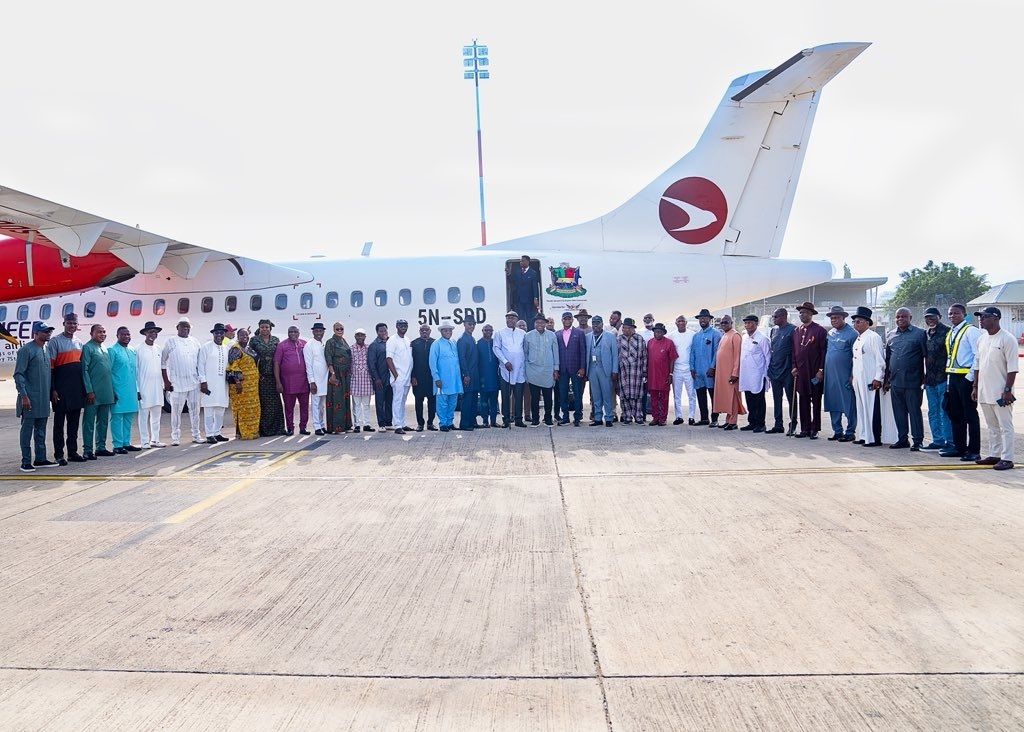
Sunday Okobi
The Convener of Activate Nigeria for Good Governance (ANGG), Ken Agala, has faulted President Bola Ahmed Tinubu’s handling of fuel subsidy savings, alleging that the funds are being used as tools of political patronage rather than instruments of economic relief for suffering Nigerians. Agala in statement issued and made available to journalists yesterday alleged that Tinubu’s approach has worsened poverty levels across the country, contrasting sharply with former President Goodluck Jonathan’s 2012 model, where savings from a partial subsidy removal were transparently managed under the Subsidy Reinvestment and Empowerment Programme (SURE-P) led by technocrat Christopher Kolade, who was laid to rest a few days ago.
According to him, “Under Jonathan, every naira saved from partial subsidy removal could be traced. Kolade chaired the SURE-P with integrity, ensuring funds went into tangible projects that benefited Nigerians. “Tinubu’s approach, however, has turned subsidy savings into a tool for political patronage, strengthening loyalty among governors rather than relieving citizens’ hardships.”
The activist added that since the subsidy was removed in May 2023, the federal government and states have received unprecedented revenues through the Federation Account Allocation Committee (FAAC).
“Civil society estimates indicate that state governors and the FCT Minister have collectively received about N14 trillion in ‘subsidy savings’ between mid-2023 and mid-2024,” he stated, arguing that this direct access to funds has fueled defections to the ruling All Progressives Congress (APC).
According to him, “Governors now shift allegiance not out of ideology, but because of access to federal allocations and subsidy savings which are determining political loyalty,
“The Socio-Economic Rights and Accountability Project (SERAP) in a statement released by its Deputy Director, Kolawole Oluwadare, accused governors of spending subsidy money frivolously. SERAP noted that federal and state government allocations increased by 79 percent from pre-subsidy removal levels, yet the benefits have been largely restricted to government officials while poverty continues to rise. “Also, adding to the critique, Ibrahim Yusuf, chairman of the Gombe Network of Civil Society (GONET) and Team Lead of the Advocacy Centre for Development (AC4D), said the policy, introduced in 2023 with promises of channeling savings into infrastructure and social services, ‘has failed to deliver visible benefits, particularly in the North-east.”
Agala noted further that: “Nigerians are poorer today than before the subsidy removal.
“The National Bureau of Statistics (NBS) and independent poverty monitors report that the number of Nigerians living below the poverty line rose from about 104 million in 2023 to 129 million in 2024, marking a 24 percent increase within a year.
“Inflation has surged to its highest level in decades, with food inflation climbing above 35 per cent and transport costs tripling in some regions.”
Agala contrasted Tinubu’s handling with the Jonathan administration’s SURE-P initiative, “which followed a partial subsidy removal of about 32 per cent in 2012. Under Kolade’s leadership, the recovered funds were transparently managed and channeled into visible projects. Under Jonathan, Nigerians could point to roads, healthcare facilities, and empowerment programmes funded by SURE-P. Today, no one can show where Tinubu’s subsidy savings have gone.
The Niger Delta philanthropist, therefore, urged the National Assembly, anti-corruption bodies, and civil society to demand full disclosure on how the subsidy savings have been used, insisting that “the people have a right to know what their suffering is funding.”


